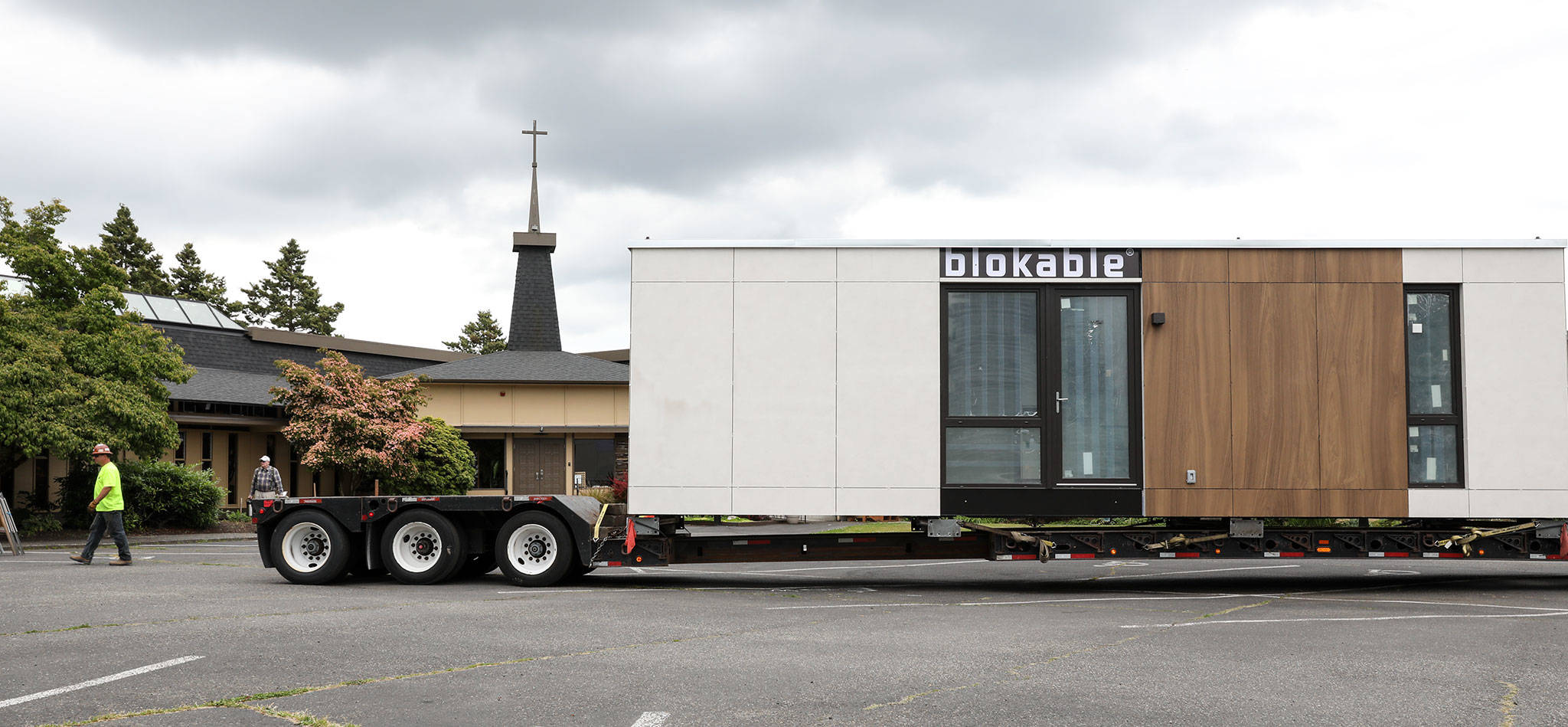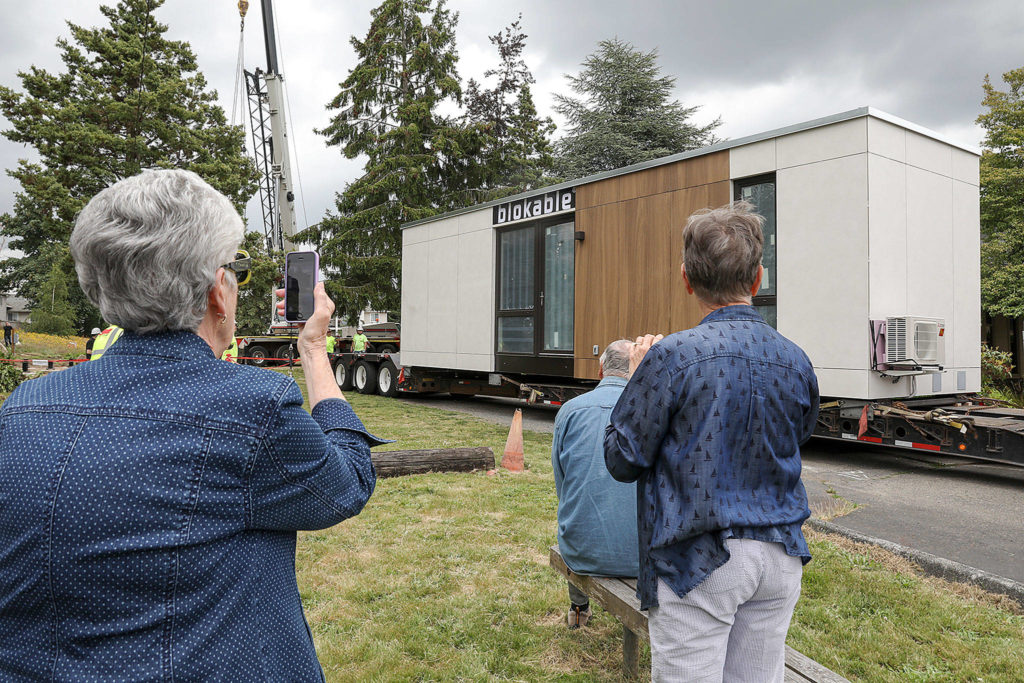EDMONDS — Homelessness is a reality for at least 230 Edmonds residents, according to a recently released report.
The findings challenge common assumptions that there are no unhoused people in the city and that people experiencing homelessness come from outside the region, the report notes.
The myths are familiar to Councilmember Adrienne Fraley-Monillas.
“I keep hearing that,” Fraley-Monillas said in an interview. “There’s a perception that if you don’t see tents on the sidewalk you don’t have homelessness.”
The comprehensive study done by Edmonds-based Kone Consulting also found that about a third of households in the city are considered “housing cost-burdened” — spending 30 to 50 percent, or more, of their income on housing.
The report attributes some of the misunderstanding in the community to the amount of “hidden homelessness.” More often, unhoused people in Edmonds are doubled up with family or friends, sleeping in a vehicle or staying in a hotel — rather than living in an encampment or pitching a tent in a park.
Councilmember Mike Nelson didn’t know what to expect when the council ordered the report last year.
“I was really surprised by the breadth and depth of those who don’t have a permanent roof over their head, as well as the length of time,” he said during a recent council meeting.
“Almost a decade now we’ve had several hundred people in our city without a permanent roof over their head, so this is a problem that has been going on for some time,” he said.
Kone used data from the Department of Social and Health Services, calling it the most reliable to estimate the number of people experiencing homelessness. The state agency asks for housing status on applications for medical, cash or food assistance.
Over the last decade, the number of homeless residents was at its lowest in 2008, with 71 recorded. The number peaked in 2014 with 363. This includes people who are living in a car or tent camping, couch surfing or staying in a hotel or shelter.
Of the 230 people currently homeless in Edmonds, a disproportionate number are people of color, Kone found. Black people make up about 1 percent of the city’s population, though they account for 11 percent of the homeless population. While 82 percent of residents are white, they represent 66 percent of people who are unhoused.
Another common misperception, according to Kone, is that homeless people in Edmonds are from outside the region. The report cites data from the Snohomish County’s Point-in-Time count showing that most of the people experiencing homelessness are from the area.
“We don’t have a bunch of people flocking to Edmonds, because we don’t have any services,” Fraley-Monillas said.
She was “amazed” to learn the city did not directly fund any human services, unlike other nearby cities, according to the homeless report.
Human service departments generally support programs that assist with housing, transportation, home repair, child care and prevention for domestic violence.
“I found that very, very, very telling. … It’s clear we have not done our jobs,” Fraley-Monillas said. “We are legitimately behind in our services.”
“In Edmonds, more so than in other surrounding communities, faith-based organizations provide almost all of the supportive services for homeless Edmonds residents,” Kone wrote in the report.
This includes several churches that cook community dinners or run food banks. The Edmonds Unitarian Universalist Church provides ten spaces for the only sanctioned car camp in the area.
The Edmonds Senior Center had hosted a cold-weather shelter in past years. It moved to Lynnwood this year.
Recommendations from the report include outreach about homelessness in town and increasing collaboration with other nearby cities. It also calls for preserving existing affordable housing by partnering with the Housing Authority of Snohomish County.
“The next question is what we are going to do about it.” said Nelson, who is also a candidate for mayor, in an interview. “We have to tread carefully. Cities throw money at the problem, but it doesn’t always work.”
It’s important to get the public on board, he said.
“We weren’t informed before, but we are informed now,” Nelson said. “We didn’t have the leadership to look at this sooner.”
Fraley-Monillas agreed with Kone’s assessment that homelessness hadn’t reached a crisis level in Edmonds, though there are indications the problem is deepening.
“When you have people sleeping on your sidewalks, you have a crisis,” she said. “We can’t say you can’t live in Edmonds if you are poor. We can’t say you can’t live in Edmonds if you are homeless.”
Lizz Giordano: 425-374-4165; egiordano@heraldnet.com; Twitter: @lizzgior.
Talk to us
> Give us your news tips.
> Send us a letter to the editor.
> More Herald contact information.


























